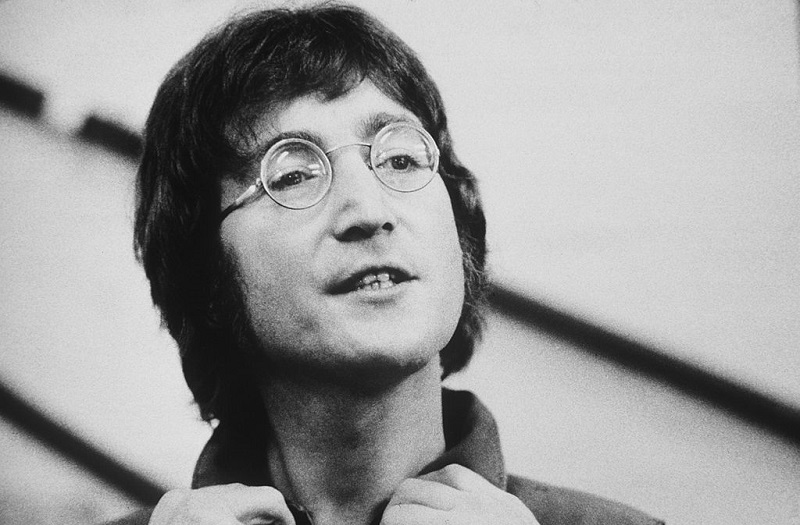Every artist has the right to play what they feel. As much as people might like to spend the better part of three minutes noodling around on their guitars whenever someone hits play, the mark of any good rock song is making something that works as an artistic statement rather than scale exercises. John Lennon may have been one of the reigning kings of rock and roll songwriting, but as far as he could tell, the jam band stylings that he heard out of Blood Sweat and Tears sounded like watching paint dry.
By the end of the 1960s, the type of songwriting that Lennon was known for was just a small fraction of what rock and roll had blossomed into. There were still singer-songwriters and artists willing to push the boundaries of what constituted a song, but the British blues boom started making rock and roll a workman-like experience.
While there’s nothing necessarily wrong with listening to bands like Cream from around this time, you must remember that you’re getting a much different experience when you hear them jam compared to what ends on the record. Eric Clapton might still be playing a mean guitar, but the stage was everyone’s opportunity to spread out.
And nowhere was that more apparent than with Blood, Sweat and Tears. Regardless of their high pedigree on the charts and even a handful of decent songs, there was never any rhyme or reason for how they wrote a bunch of their tunes.
In fact, Blood, Sweat and Tears may have been among the first in a long line of bands that seemed more concerned with writing the most basic riffs possible to make way for the guitar solos. Many 2000s kids might complain about the butt rock of their generation like Nickelback and Creed, but while Scott Stapp’s nasal whine is at least comedically dramatic, Blood, Sweat, and Tears almost sound like they couldn’t care less what the song actually sounds like.
For Lennon, this was the exact opposite of what rock and roll was supposed to be, saying in Rolling Stone, “I don’t like the Blood, Sweat & Tears sh*t. I think all that is bullsh*t. Rock ‘n’ roll is going like jazz, as far as I can see, and the bullsh*tters are going off into that excellentness which I never believed in, and others going off… I consider myself in the avant-garde of rock ‘n’ roll.”
As it turns out, that jazzy side of rock and roll didn’t have much time for Lennon, either. Once Steely Dan debuted, Donald Fagen and Walter Becker did end up taking a few playful shots at Lennon’s version of rock and roll on the song ‘Only a Fool Would Say That’. But comparing both of these artists tends to be like comparing a painter’s work to an architect’s.
Whereas a lot of acts of the 1970s saw their art as building the perfect record, Lennon was more concerned with making something that could hold up for decades to come, even if you just played it on the piano or acoustic guitar. And let’s face it: if Blood, Sweat, and Tears hadn’t had the same cultural impact, maybe we could have been spared some of the more meatheaded bands that were just looking to play riffs and get rich later.



